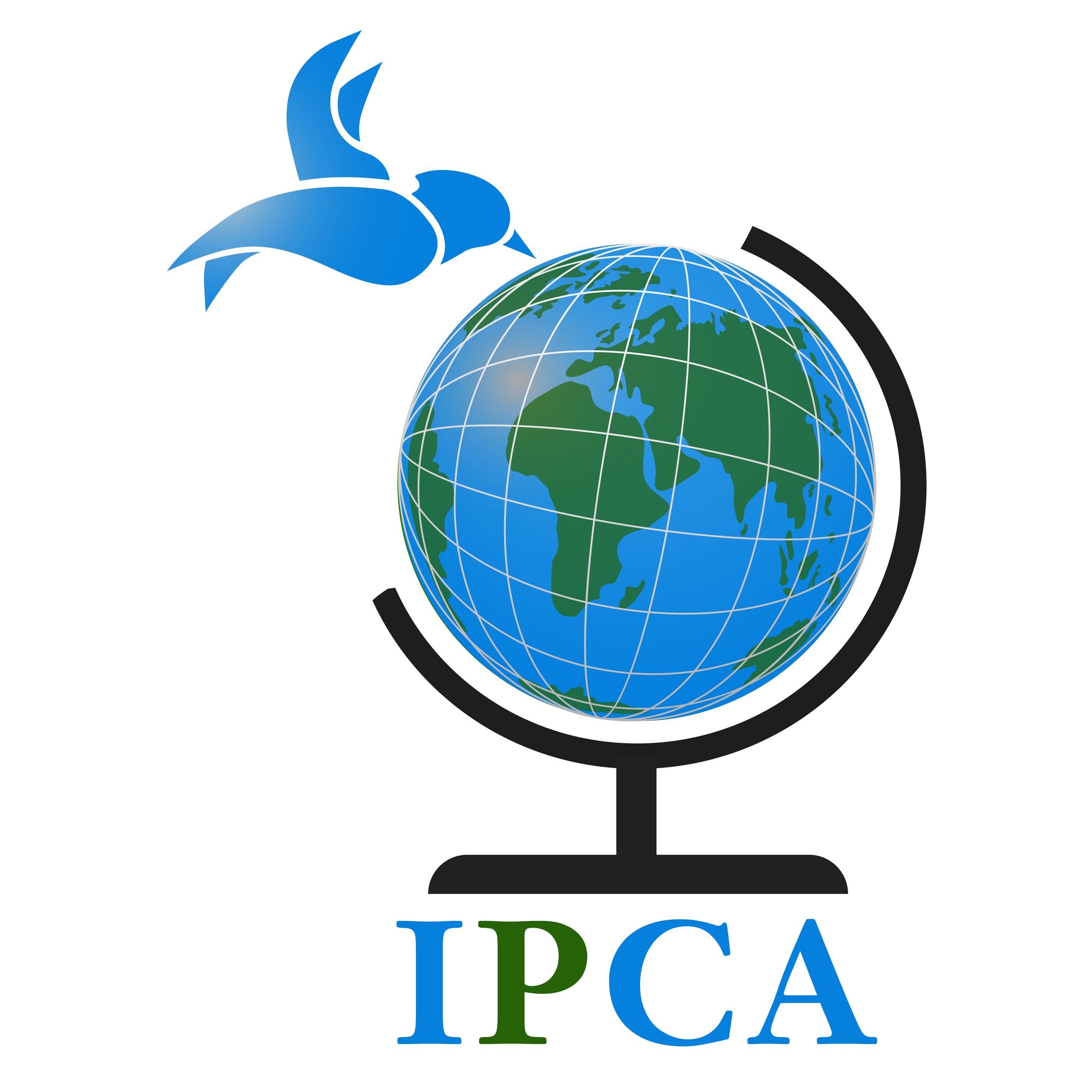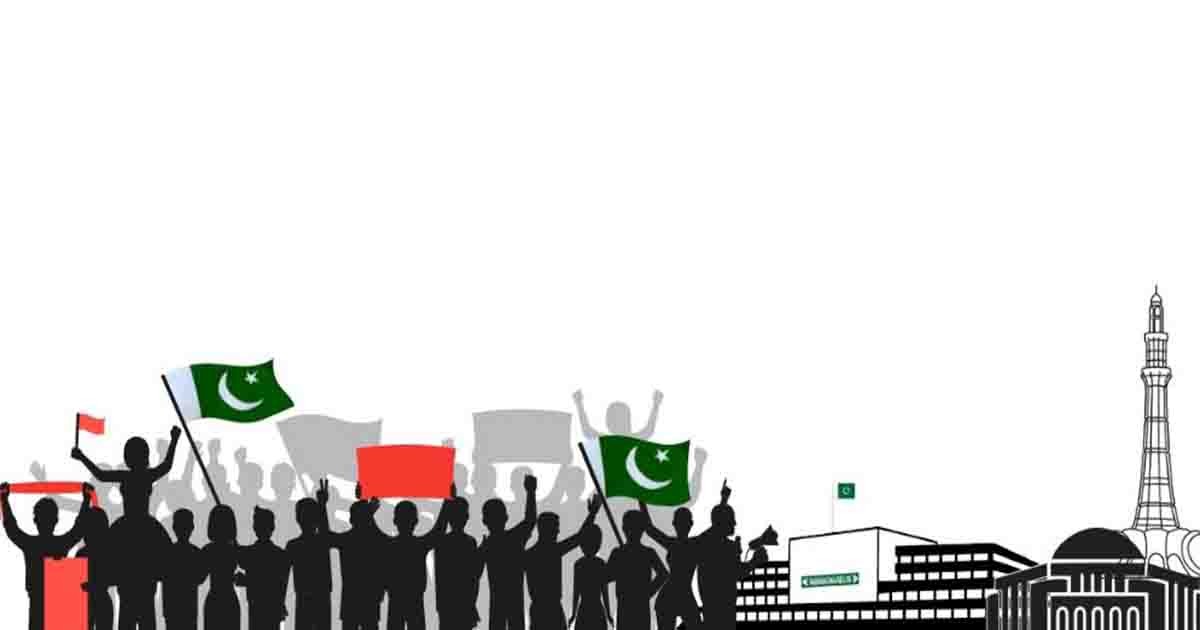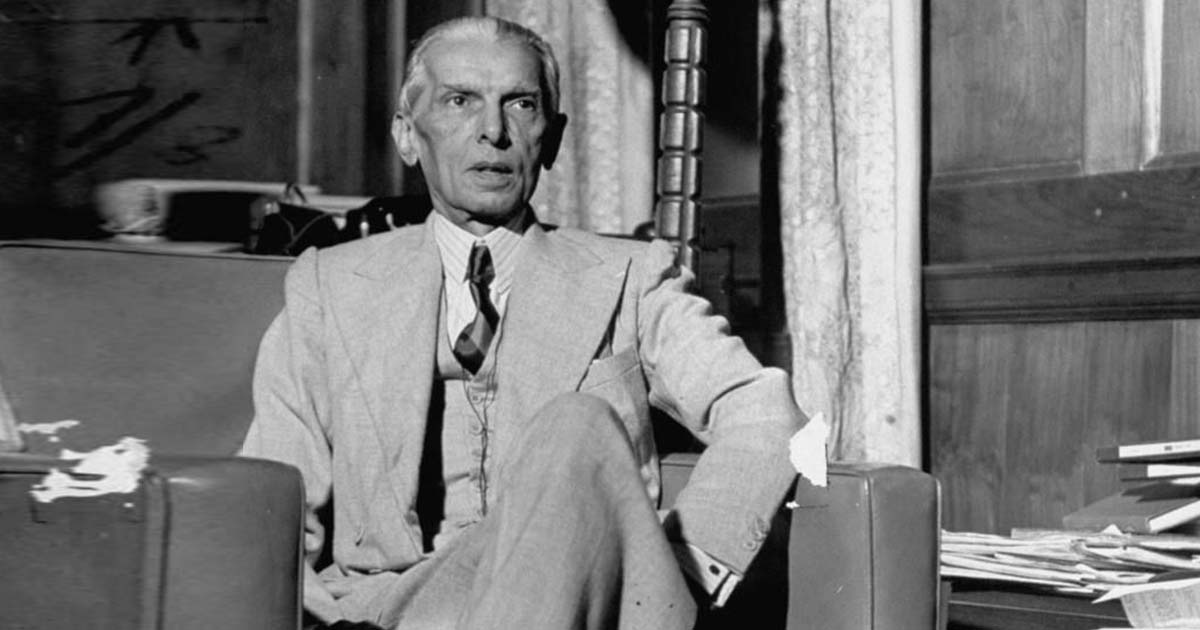Over 76 years, Pakistan’s political landscape has experienced significant turmoil. Freedom of thought, encompassing the ability to express, write, read, and practice religious rites, has been a cornerstone. The partition from India marked a celebration of independence, yet it was also shadowed by the painful migration of millions, accompanied by brutal casualties, all in pursuit of territorial autonomy.
Within a decade post-independence, scholars discerned that although physical borders had been redrawn, mental constraints endured. Pakistan witnessed a rapid succession of eight Prime Ministers during this time frame. Indian Prime Minister Nehru wryly noted the swift changes in Pakistan’s leadership, contrasting it humorously with his constancy in changing attire.
This duration of political instability has brought forth an array of challenges. The nation grapples with a faltering economy, an outdated education system, inadequate healthcare, violations of human rights, and a distressing frequency of sexual abuse cases. The consequential impact is palpable, driving the departure of talented youth in search of better opportunities abroad.
Amid claims of democracy’s establishment, Pakistan’s governance often carries undertones of dictatorship masked as democratic processes. This has taken a toll on defense, foreign policy, and business sectors. Instances of Prime Ministers facing dismissal, imprisonment, or even execution is not uncommon, painting a unique picture on the global stage.
The democratic fabric reveals cracks as losing parties contest election results, triggering political and economic instability cycles, including disruptive sit-ins and protests. Economic strain exacerbated by these events and efforts to stifle opposition and bolster personal agendas has left a stark divide between the privileged and the marginalized.
While political leaders face scrutiny, questioning institutional blunders, particularly those of the judiciary, military leadership, and bureaucracy, is often met with resistance. Pakistan’s strategic importance attracts global powers but also exposes vulnerabilities to hostile forces like India and Afghanistan. The military and bureaucracy occasionally intervene in political matters, underscoring their differing viewpoints from elected leaders.
The path to nation-building is arduous and requires timely, prudent decisions. As Pakistan marks its 74th Independence Day, the journey of centuries can be expedited through astute choices and effective governance.
Muhammad Asim Saddiqi
The writer is currently working as Journalist at Suno News Islamabad.




